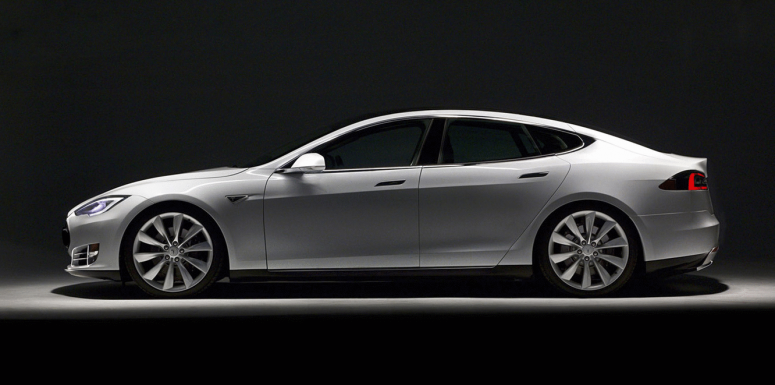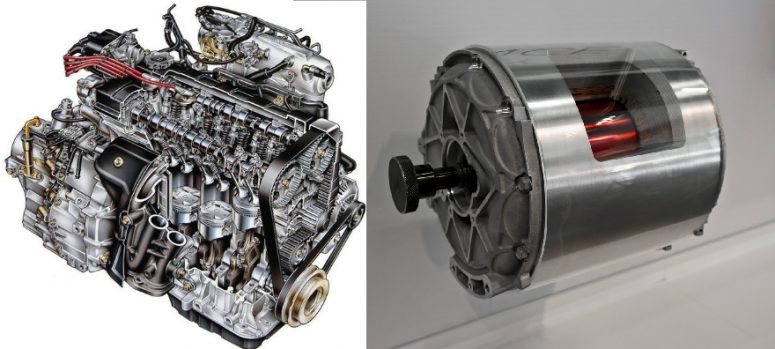
As a long-time tech journalist, I’ve noticed an interesting trend over the years. Companies who aren’t really tech companies will call themselves that anyway.
This is because “tech” is a lot like “new,” “free,” or “sale.” These words get people’s attention. So a lot of companies say they’re “tech” for the free publicity.
One such company is WeWork, a real-estate company that leases short and long-term office space stocked with free beer, cool lighting, and a community-for-hire for remote workers like myself. Continue reading…

Courtesy Tesla
Before I write another word, let the record show that I admire, appreciate, and even covet Tesla cars. Their instant torque, modern styling, simple engines, and overall innovation are a thing of beauty.
But there’s a fundamental problem with electric vehicles today: they’re all powered by dirty energy and heavily subsidized by government incentives, argues Berkeley physicist Richard Muller. “There is little to no environmental benefit, since in most of the world the electricity is derived from coal,” he writes. In fact, “an electric car in China produces more CO2 than does a gasoline car.”
Even in states such as California, where only 25% of their energy is renewable, we’re still along ways from sustainably clean cars. Obviously, we’ve made progress and don’t want to throw out the baby with the bath water. But Muller brings up a good point: Is 100 mpg gas mileage from combustable engines (which we’re approaching) more environmentally friendly than a 250 mpg coal-based electric vehicle?
For the time being, Muller argues no. “Prices of batteries have come down, but not nearly enough to negate the high cost of owning such a car.”
All of that could change, of course, with breakthrough gains in battery storage or clean energy. But for now, we’re still in the “Kickstarter” phase of electric vehicles. Exciting but not fail-proof.

The world wouldn’t be as amazing today if it weren’t for the combustable car engine, pictured at left.
But this engine is 100 years old, has a lot of moving parts that can fail, and isn’t nearly as simple, efficient, or as powerfully fast as the much simpler and smaller engine pictured at right—a newer Tesla motor that fits neatly between rear wheels.
“I think many people don’t realize what we are witnessing at the moment,” writes Quora expert Andrius Adamonis. “Several years from now, we will look back and think, ‘WOW! We used to have engines that were powered by small EXPLOSIONS inside!'”



